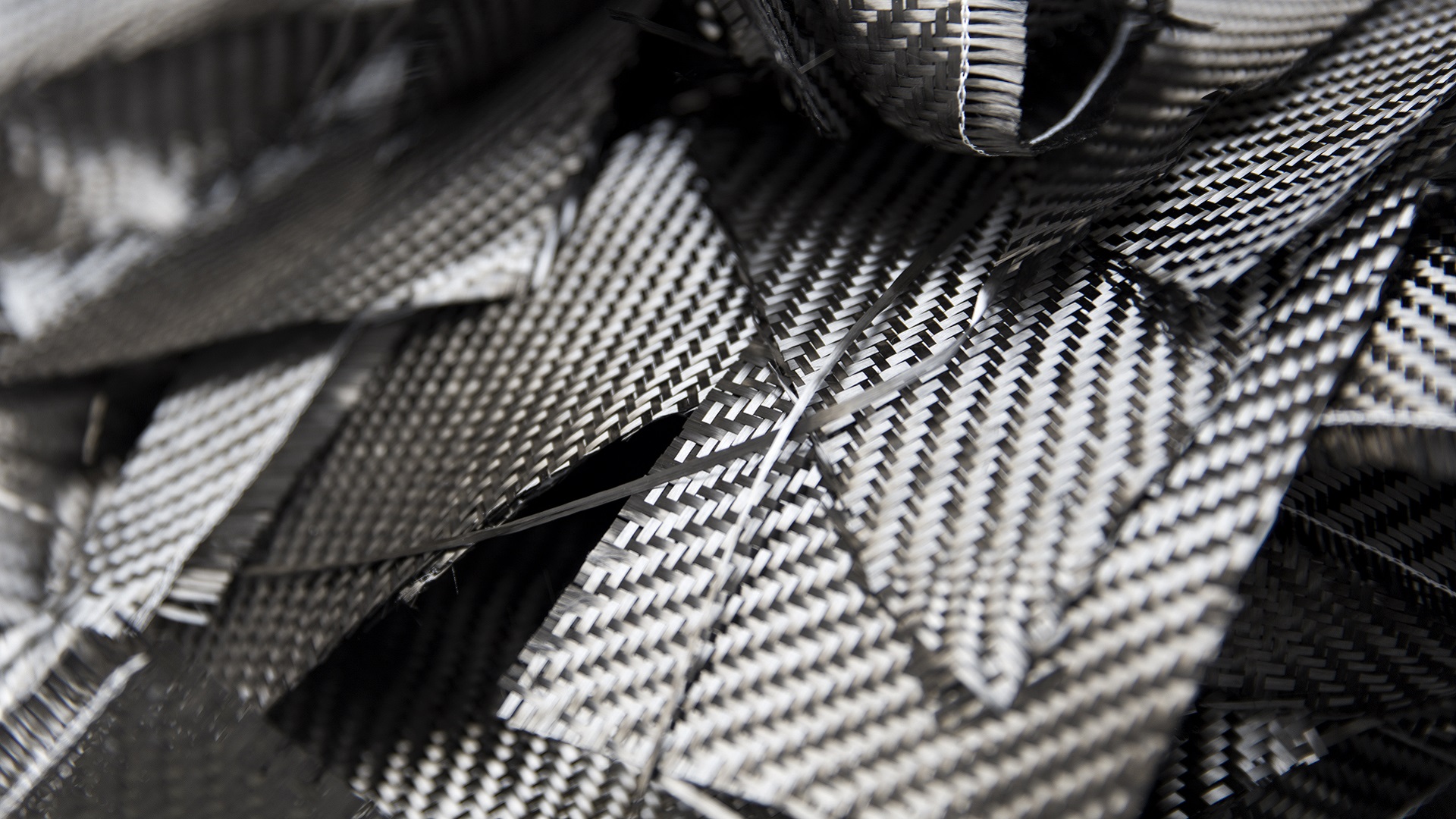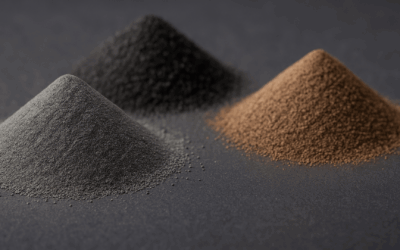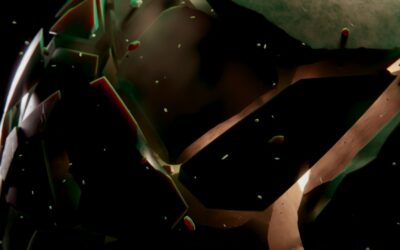Advancements in additive manufacturing polymers are closing the gap between 3D printed part properties and bulk material properties. The addition of chopped carbon fiber (CCF) to filaments, such as Polyamide, is one method that has enabled manufacturers to achieve better mechanical properties. In this article, we discuss the benefits of chopped carbon fiber and why some 3D printers, such as the AON M2+, are able to print 2X stronger and stiffer parts compared to others.
Benefits of Chopped Carbon Fiber-Filled Nylon
Polyamides (PA), or Nylons, are a family of affordable engineering-grade 3D printing polymers known for exceptional mechanical and thermal properties. Polyamides also have a high baseline ductility and since carbon fibers reduce ductility, PA is an ideal material to add carbon fiber reinforcement. By adding CCF reinforcement, manufacturers are able to increase final part strength by up to 115%, tensile modulus by 530%, and stiffness by nearly 300%.
Unfortunately, Polyamides are also known to possess a high shrink rate which leads to warping and cracking during the 3D printing process. Thankfully, the inclusion of chopped carbon fiber reduces thermal expansion and shrinkage, improving ‘printability’ and the dimensional accuracy/stability of printed parts.
It is important to note, as seen in the following section, proper hardware and processing conditions greatly influence the mechanical properties of printed parts.
Read more here.




